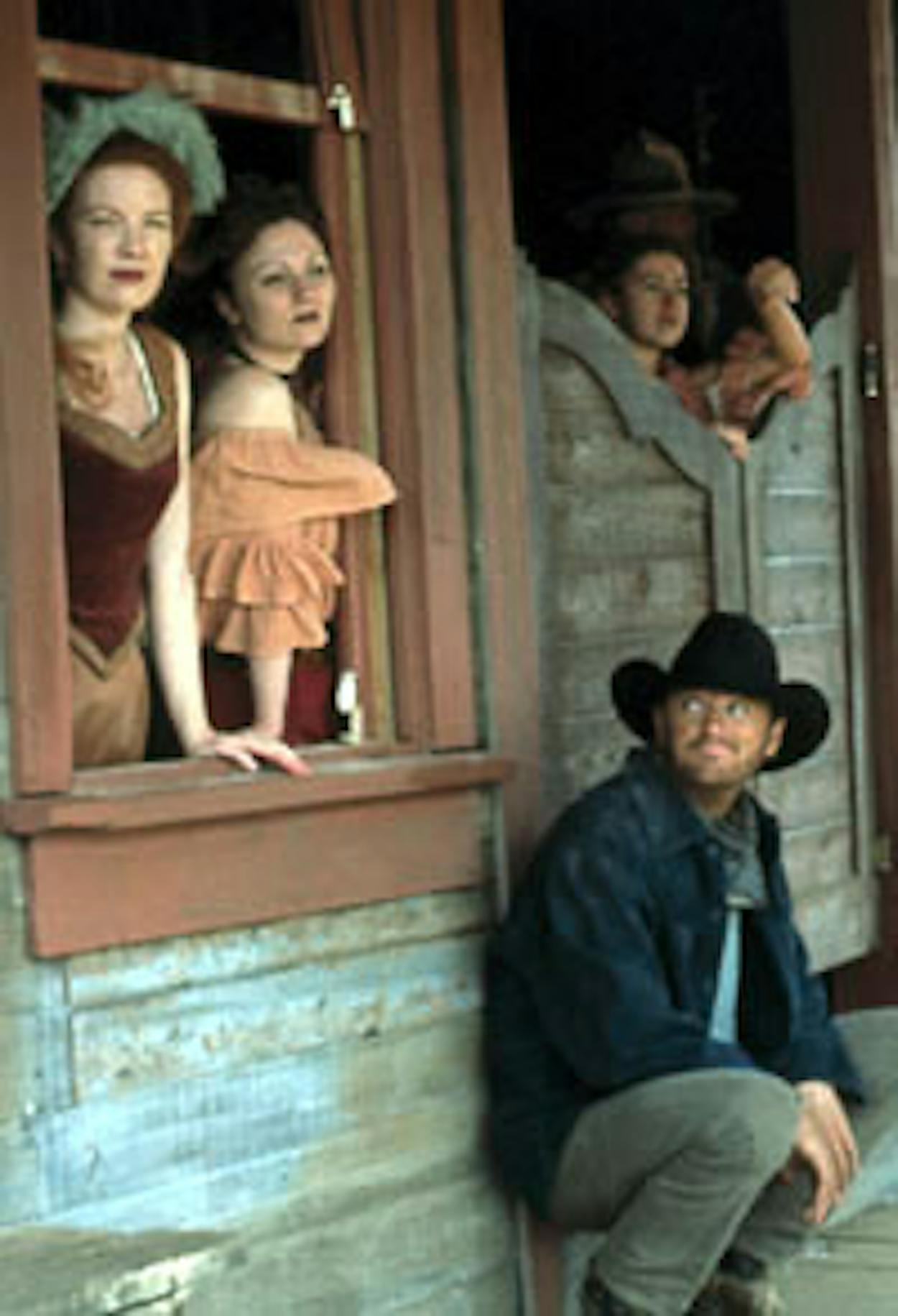texasmonthly.com: How did the idea to do this story come up? Who’s idea was it?
JS: I initially pitched the story as a joke. Walker was going off the air and I was short of story ideas one month, so I suggested doing one of those syrupy “We Remember” tribute—obits on the death of the show. When Evan Smith said I had to write it, I was petrified: I hadn’t ever actually watched the show before.
texasmonthly.com: What kind of legwork did you have to do to make this story happen? What was involved?
JS: The first thing I had to do was watch it. I got in touch with the show’s publicist, and she asked Mr. Norris for suggestions on what episodes I should see. He had the network send me four of them. I also read a bunch of clips. But the best part of my research was hanging out with a local actor named Nashville Bill Wise, who has been killed twice on the show. He informed me of the “Walker Pecking Order”—you can gauge your ability as an actor by how your character meets his demise. If you get a spin kick from Mr. Norris, you’ve made it. A closed-fist punch is the next best thing, then an open-hand karate chop, and so on.
texasmonthly.com: Did you have to audition for the role? If so, what was that like? If not, why not?
JS: No audition, but I did have to send them a head shot and my measurements.
texasmonthly.com: Was there anything special you did to “get into your character”?
JS: Just the makeup and wardrobe.
texasmonthly.com: Was this the first time you had ever been on a movie set? If not, what was the first instance.
JS: I played a drunk college student opposite Dennis Hopper in The Texas Chainsaw Massacre 2, and a balding, white bumpkin in a restaurant scene with John Travolta, Andie McDowell, and William Hurt in Michael. The Michael experience was more memorable because it was a two-day shoot, and I had a bad allergic reaction to the smoke piped into the room on the first day. By nine o’clock the second morning, my eyes were bright, bloodred, so red and irritated that other people winced in pain when they looked at me. It threatened to ruin the scene, but they couldn’t just cut me out, because they had already filmed half of this meal with me sitting just on the other side of Travolta’s shoulder from the camera. So we plowed on, with me in tears and this table full of people I was supposedly breaking bread with trying not to look at me. When the movie came out, I noticed that the table behind Travolta was hidden almost entirely in heavy shadows, so dark you could only identify me by the shine of my forehead. But it hadn’t been that dark in the room that day. I think they added that in later to keep my eyes out of the picture.
texasmonthly.com: Was your experience on the set anything like you were expecting it to be? Why or why not?
JS: The general feeling was of relief, not sadness, and that surprised me. The principle supporting actress even told me she wasn’t sad to see the show end, something to do with Walker being an overly manly production with little for the female characters to do. Throughout the day, with everybody hustling to get the shooting in before we ran out of daylight, it was a lot like the other two times I’ve been an extra: The folks that don’t know what’s going on sit around while the folks that do, plot the next move. It’s a lot of small talk and doing nothing while you wait for a scene you’re in, and then a whole lot of backing up and doing it again—whatever “it” might be: walking across the street, looking enthralled at a street brawl, whatever. But by day’s end, there were some tears.
texasmonthly.com: How long were you there?
JS: From six-thirty in the morning until seven-thirty in the evening.
texasmonthly.com: What was the best thing that happened to you while you were on the set and why?
JS: Meeting Randall “Tex” Cobb was easily the biggest thrill, and if you are, like me, a guy in his mid-thirties, no explanation is needed. He played Leonard Smalls in Raising Arizona, and he coined the phrase “Can of Whup-ass.” It gets no bigger than that.
texasmonthly.com: What was the worst thing that happened to you while you were on the set and why?
JS: I got awfully tired of being told that they had something significant planned for me, particularly after it became plain that nothing was going to happen.
texasmonthly.com: What was Chuck Norris like?
JS: He was an awfully nice guy, particularly when he took time away from one of the biggest days of his life to visit with me. He didn’t have to do that. And I have a lot of respect for the way he’s stuck to his guns with regards to keeping his show clean. Sure, the line between what he calls an “apple-pie show” and preaching is a fine one, and when I to sit down with a book, a movie, or a TV show, I prefer its underbelly to be a little seedier and a little more visible. But Norris thinks there are messages that kids need to hear about how to live their lives and be good people, and he makes sure that his show highlights those messages.
texasmonthly.com: Would you ever consider becoming an actor full-time? Why or why not?
JS: I don’t think that would work for me. I get too self-conscious to be believable.









